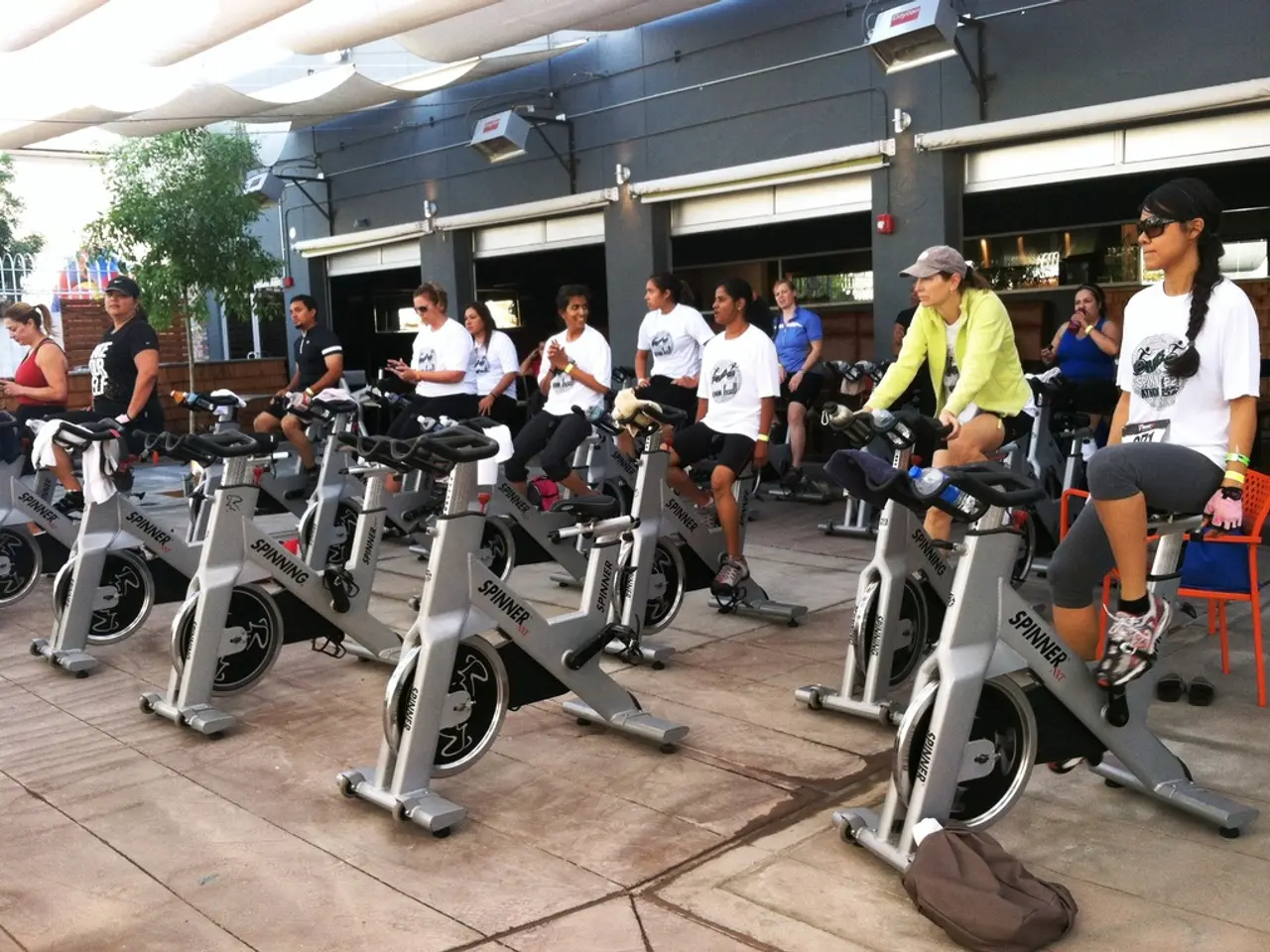Understanding recurring cold sores: Causes and strategies for prevention
Cold sores, also known as fever blisters, are small, fluid-filled blisters that typically appear around the lips and in the mouth. They are caused by the herpes simplex virus (HSV-1), a highly contagious virus that remains in the body for life once contracted.
One of the most common triggers for frequent cold sore outbreaks is stress, both emotional and physical. Stress weakens the immune system, increasing the likelihood of a cold sore breakout. Other triggers include illness or fever, sun exposure, hormonal changes, and a weakened immune system.
Illness or fever can activate the herpes simplex virus, while ultraviolet (UV) rays from the sun can reactivate the virus, especially if the lips are unprotected. Cold, dry weather can also irritate the skin and trigger outbreaks. Hormonal changes during menstruation, pregnancy, or when using hormonal birth control can bring on cold sores. Conditions like autoimmune diseases or undergoing treatments such as chemotherapy can impair the immune system and trigger outbreaks.
People with conditions such as eczema or psoriasis may have an increased risk of developing frequent cold sores. To reduce the frequency of outbreaks, protective measures like using lip balm with SPF, managing stress, and avoiding illness where possible can be beneficial. For frequent outbreaks, daily suppressive antiviral therapy may be recommended by healthcare providers.
Other actions a person with HSV-1 can take to reduce the frequency of cold sores include avoiding triggers, washing hands frequently, and avoiding people who are sick. Oral antiviral medications tend to be more effective than topical treatments. If a person experiences frequent cold sores, they should speak to their doctor about taking antiviral medications for regular use to keep cold sores at bay.
Cold sores generally take several weeks to clear up on their own, but most people seek treatments to speed up the healing process. Other treatments to ease cold sore discomfort include applying a cold compress, using over-the-counter pain relievers, using aloe vera, using lysine, applying analgesic creams, using OTC cold sore creams with drying agents, and avoiding triggers such as stress and sun exposure.
It's important to note that oral sex may also spread HSV-2, which usually causes genital herpes. A doctor can prescribe oral and topical antiviral medications, such as acyclovir (Zovirax), famciclovir (Famvir), and valacyclovir (Valtrex). Once a person contracts the HSV-1, it usually causes an initial outbreak of cold sores.
People with a weakened immune system are at most risk of developing recurrent cold sores or other complications from the virus. A person can contract or spread HSV-1 through sharing utensils, food, and beverages, kissing, and engaging in oral sex.
There is no cure for cold sores, but treatments can speed up healing, ease symptoms, and reduce recurrence. While it's impossible to completely eliminate the risk of cold sore outbreaks, understanding the triggers and taking preventative measures can help manage the condition effectively.
- Stress, both emotional and physical, is a common trigger for ulcerative disease outbreaks, such as cold sores.
- Illness or fever, sun exposure, hormonal changes, and a weakened immune system are all triggers that can activate the herpes simplex virus.
- People with conditions like eczema or psoriasis may have an increased risk of developing frequent cold sores.
- To reduce the frequency of cold sores, therapies and treatments such as using lip balm with SPF, managing stress, and avoiding illness can be beneficial.
- For frequent outbreaks, predictive therapies and treatments like daily suppressive antiviral therapy may be recommended by healthcare providers.
- Conditions like nondigestive ulcers, bipolar, and COPD fall under the broader categories of health-and-wellness and mental-health concerns.
- Hepatitis, migraine, and skin-care issues, such as eczema or psoriasis, can also benefit from science-backed therapies and treatments.
- Besides cold sores, HSV-1 can cause complications like HSV-2, which usually causes genital herpes.
- A person can contract or spread the herpes simplex virus by sharing utensils, food, and beverages, kissing, engaging in oral sex, or having a weakened immune system.




